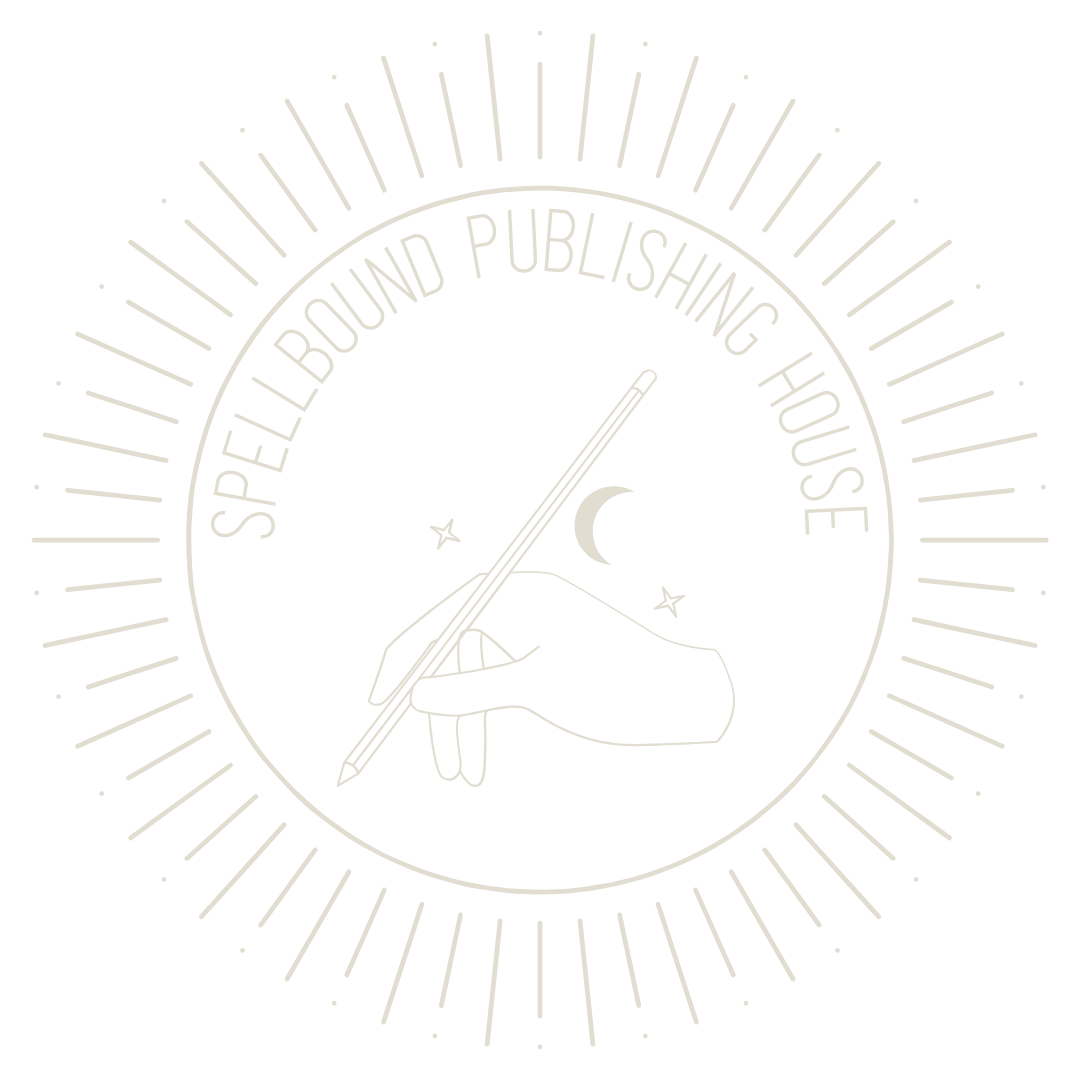In Defense of Vanity Publishers
One of my biggest fears when deciding I wanted to publish my work was getting signed to a vanity publisher. Then, when we decided to open our own publishing house, one of our biggest fears was becoming a vanity publisher or being confused for a vanity publisher. And we spent months trying to fight against this idea — to the point where we had an entire web page dedicated to why we aren’t a vanity publisher (it’s gone now, don’t worry).
In the worlds of Alanis Morrissette, though, you live, you learn…you cry, you learn…you scream, you learn. No amount of crying and screaming was getting people to learn, though. In fact, we ended up at the center of a hate thread on social media that called us a vanity publisher.
It was at this moment that I wanted to just throw in the towel. I wanted to scream over and over and over again to as many people that would listen that we aren’t a vanity publisher!
Spellbound Publishing House, LLC is a hybrid publishing company. We are certified by IBPA (the Independent Book Publishers Association), we put quality over quantity, we have a vetting process, and we don’t charge authors a cent to publish with us. What we do offer are editing and marketing services that authors may optionally choose to purchase if they’d like support in those areas of their writing and publishing journey.
Each of our manuscripts goes through a vetting process. Each manuscript is reviewed by a minimum of three members of our editorial team. Then, if we feel that the submission shows promising, quality storytelling, is engaging in content, has unique qualities that stand out from what is currently trending in their genre, and that the story has marketability. We want to make sure that the stories we share are great and that we are setting our authors up for success!
The IBPA sets the standards for hybrid publishing, and in order to become a member, you must apply and prove that you are adhering to the following criteria:
So if that’s a hybrid publisher, what’s a vanity publisher?
First, we need to look at the term vanity.
The Oxford English dictionary defines vanity as “excessive pride in or admiration of one's own appearance or achievements”. Notice the phrase “one’s own” appearance or achievements. This already has interesting implications because when we hear about a vanity publisher, we automatically place a negative connotation on the company itself, assuming that the company is the problem. Don’t get me wrong; in some situations, the company is the problem. But in truth, a vanity publisher relies on authors who have excessive pride in or admiration of their own achievements of writing a book.
Generally speaking, a vanity publisher
Doesn’t have a vetting process for selecting their manuscripts
Publishes any manuscript regardless of quality
Has no interest in fostering relationships with their authors
Isn’t transparent regarding their pricing structures
In fact, Publish Your Purpose has a great visual that they created which outlines the differences between a hybrid publisher and a vanity publisher.
The fact of the matter is that vanity publishers (while shady and questionable in their practices) are companies that are taking advantage of a system that has made it difficult for authors to get their foot in the door of any traditional publishing house. It’s no secret that only about 1% of authors find success in traditional publishing, and with this knowledge, many authors feel that the odds are stacked against them. With hybrid publishers being few and far between, they view vanity publishing as their only hope for ever seeing their book published without going the self-publishing route.
In no way am I saying that vanity publishers are a viable option for publishing, but with an industry that is so vast, but so limiting, is it any surprise that people turn to vanity publishers? If a vanity publishing group’s team can sleep well at night and people are willing to pay them, then I guess that’s a system that works, regardless of sustainability.



